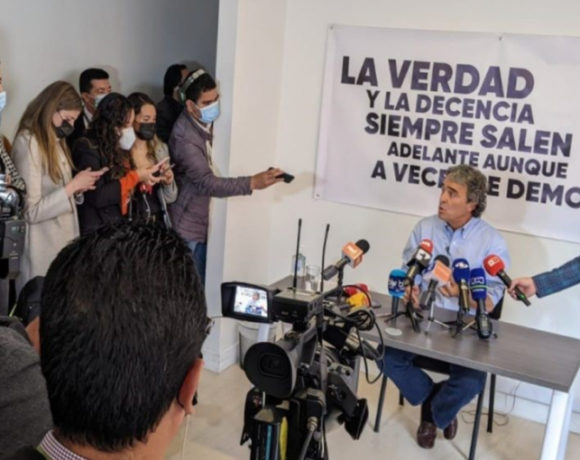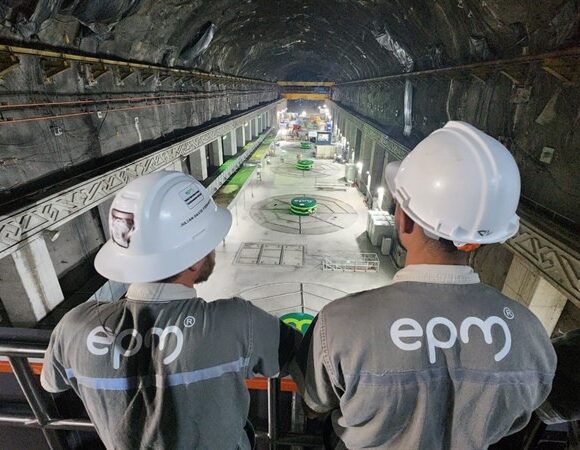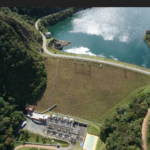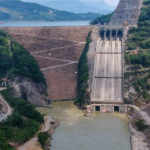Colombia Government, FARC Ink Revised ‘Peace’ Deal
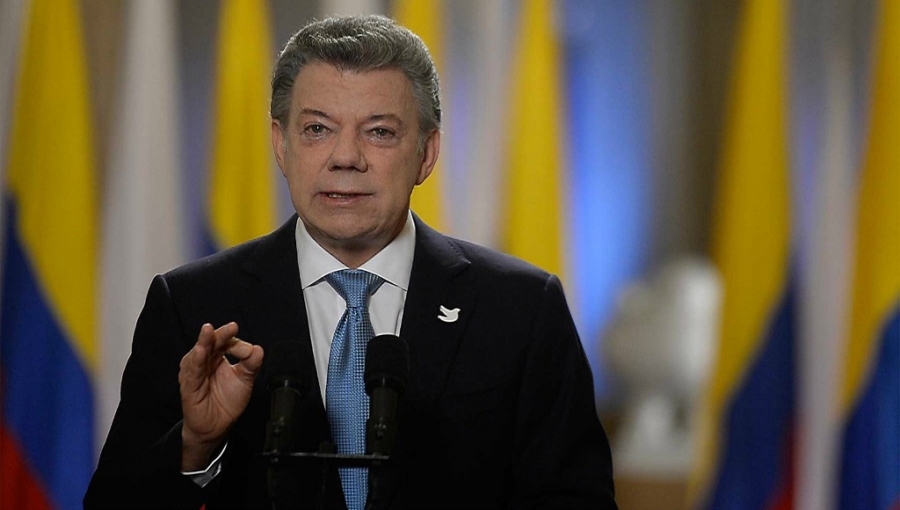
Colombia President Juan Manuel Santos announced November 12 that his government and the Fuerzas Armadas Revolucionarias de Colombia (FARC) have signed a revised “peace” agreement following five weeks of talks that took place in the wake of a national plebiscite.
“This new peace agreement reflects the proposals of all those who participated in the great national dialogue,” President Santos said in a televised speech to the nation.
The full text (in Spanish) of the revised deal will be published here: https://www.mesadeconversaciones.com.co/.
According to the official press statement from the President, “clarifications, adjustments and changes were achieved in 56 of the 57 topics covered” in the post-plebiscite talks with the FARC.
However, the government failed to achieve agreement on a proposal backed by groups that voted “no” in the last plebiscite: A ban on election of guerilla leaders to any political post.
Still, these guerrilla leaders won’t be guaranteed seats in Congress or mayorships, according to the revised deal.
“On the contrary, they will have to participate in elections. Nor will they be given posts in government, as has happened in many other cases,” President Santos added.
“With all humility, I want to acknowledge that this new agreement is a better agreement,” Santos said.
Leaders of the “no” movement in the prior plebiscite had charged that the initial agreement was excessively generous to the narco-terrorist FARC – a group responsible for tens of thousands of murders, kidnappings, extorsions, forced child recruitment into their army, massive narco-trafficking, and forced displacements of millions of Colombians over the last 50 years.
Among the changes in the revised deal:
1. The FARC “will have to declare and deliver all their [criminally obtained] property, under penalty of losing the [alternative ‘justice’] benefits, and will be used to repair the victims.”
2. Courts will define the terms of “effective restriction of freedom” for those FARC criminals that enter the “alternative justice” regime.
3. Non-governmental organizations (NGOs) representing victims “cannot act as prosecutors” but rather can testify in trials of criminals.
3. “All judges will be Colombians and will have the same qualities of the magistrates of our Courts.”
4. Sentences handed-down by a “Special Justice for Peace” may be reviewed.
5. Private property and private investment will be respected and “no-one will be expropriated outside the current law.”
6. A commission will be created to “review issues related to agrarian legislation that are not part of the previous agreement.”
7. No new areas of “peasant reserves” will be authorized, “beyond the normal process according to current legislation that exists [for] these zones.”
8. Post-conflict investments by the national government in conflict areas “will be made with respect to the principle of fiscal sustainability. The implementation period of these investments was extended from 10 to 15 years.”
9. Entrepreneurs “who are not responsible for serious crimes have the possibility of obtaining the termination of [legal] processes that today may affect them in ordinary justice.”
10. A revised “justice” scheme “guarantees to our soldiers and policemen, in active service and retired, maximum benefits, but with total legal certainty.”
11. A new political party representing the FARC “will not be able to register candidates for the 16 temporary seats in the House of Representatives [in areas] established for the communities and victims affected by the conflict.”
12. Government funding of the new FARC political party “was reduced from the first year by 30% to be on an equal footing with the other parties.”
13. An earlier provision that would have included FARC participation in a security commission or have review power over private security companies “was eliminated.”
14. The new agreement “obligates all those who fall under the Special Justice of Peace [alternative criminal-justice process] to deliver all information related to drug trafficking in an exhaustive and detailed way to assign responsibilities.”
15. The national government will retain the ability to employ fumigation against narco-crops as well as to develop and oversee crop-substitution programs for farmers.
16. No croplands in conflict areas can be legally formalized “without first being found to be free of the presence of illicit crops.”
17. The only parts of the new agreement that would become part of Colombia’s national constitution are those pertaining to “human rights and international humanitarian law, which are already part of the Constitution.”
18. “Modifications were made to ensure that the so-called gender ideology is not present, even in a suggested way. But it was made clear that this chapter seeks to ensure that women, who have suffered especially from this terrible conflict, are treated with priority and that their rights as victims are fully protected.”


